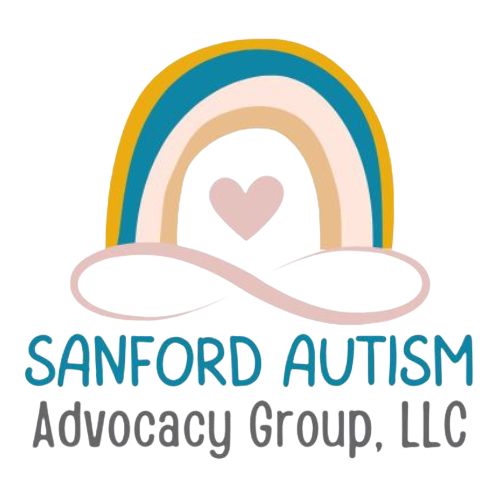 Have you ever wondered how you can help your child become a better reader? Is your young child highly interested in letters, sounds and words? My daughter was. At age 17 months, she could already identify all letters and sounds. However, she was delayed in her fine and gross motor skills and had just started walking independently. This is when my suspicion of an Autism diagnosis began. Many children with High-Functioning Autism develop reading decoding skills early, referred to as being “hyperlexic”. It was initially identified by Norman E. Silberberg and Margaret C. Silberberg (1967), who defined hyperlexia as the precocious ability to read words without prior training in learning to read, typically before the age of 5. My daughter began identifying sight words early on and was reading simple books by age 3 ½. However, she continues to struggle with making meaning from what she reads and responding to more open-ended questions about grade level text. How can you support children who struggle with reading comprehension? There are certain strategies that work and are truly beneficial for all kids as they mature as readers. Here are a few:
Let’s support our children and help to prepare them to become life-long learners. Building good reading skills is one way to do that. Feel free to contact me for more information on this topic. References: Think and Speak Successfully by C. Dunaway (2012). Photo: Lee Live-Photographer (www.ourdreamphotography.com).
1 Comment
1/17/2022 04:15:55 am
It is important to remember that your child has a specific learning style that works best for him/her; strategies should therefore be child-specific. By applying your child’s learning style and his/her interest, he/she will be much more engaged in the lesson. If you find yourself stuck and unsure of what to do, better to get a <a href="https://theadventureteam.com.au/pages/respite-sta">social group for autism</a>.
Reply
Leave a Reply. |
AuthorCrystal Sanford, M.Ed., M.A. CCC-SLP, ASDCS is an Educational Consultant, IEP & Autism Advocate and Speech-Language Pathologist. She is also the host of inspiring podcasts, Thriving Special Families and Thriving Autism Families! Her passion is advocating STRONG alongside fellow Autism and other fellow parents of neurodiverse children, helping them to persistently pursue what their children deserve at school. In her free time, she enjoys gardening and spending time with her husband and two children in San Diego, CA. Archives
November 2023
CategoriesAll Amazing Grace Autism Info IEP Advocacy SAC Company Info Thriving Special Families Tips And Strategies |
Photos from Ivan Radic (CC BY 2.0), Ben Taylor55, Oregon State University, C. VanHook (vanhookc), Rod Waddington, bobobahmat, Ivan Radic, marcoverch, Szhlopp, quinn.anya, bennylin0724, Gamma Man, Lorie Shaull, vhines200, davidstewartgets, truewonder, wuestenigel, ecosistema urbano, Phil Scoville, Our Dream Photography (Personal), Alexander king79, Dick Thomas Johnson








